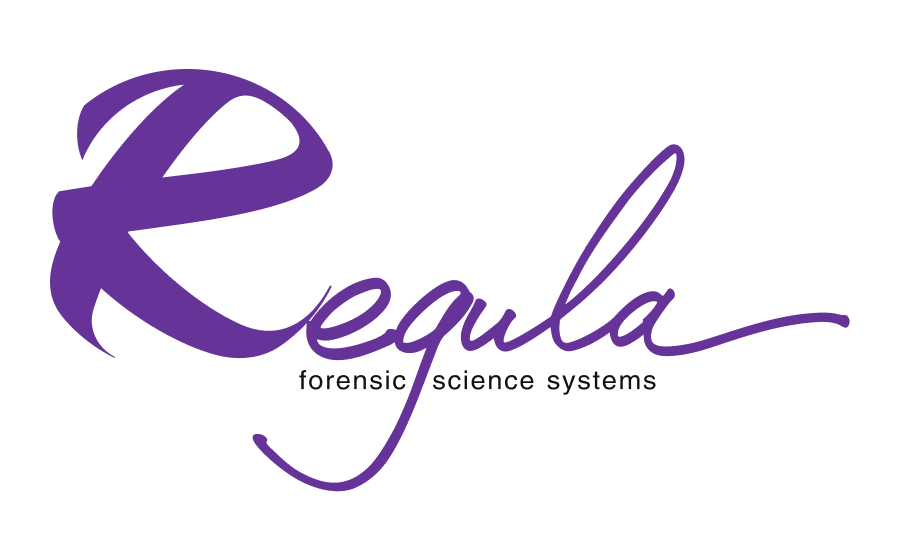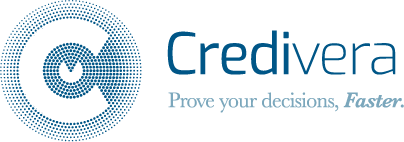In support of DIACC’s five year strategy we are thrilled to host a topical series of DIACC Research and Academia Forums. DIACC’s Research and Academia Forums expand the digital identity conversation beyond digital identity professionals and toward inclusivity of diverse beneficiaries of digital identity capabilities.
Our inaugural event will focus on Proof of Vaccination Credentials in public health, identity attributes, and global contexts.
Stay tuned for more information regarding the event date and our exciting guest speakers and panelists…
Abstract: As post-secondary academic institutions prioritize the needs of the new and returning students and faculty, public health must be addressed in light of the COVID pandemic. The inevitable scramble of proof of vaccines mandates and policies is here. Academic institutions are no strangers to the need to verify the vaccination status of local and international students and yet the COVID pandemic is driving more urgency and more confusion regarding the technology and processes to validate a vaccine proof credential that may be issued locally or internationally. Technology interoperability and policy harmonization is currently a tangle of solutions and approaches. Collaboration is the key to ensuring the safest possible environment for students and faculty.
Why Attend: This panel will share experience-based insights regarding the challenges and the opportunities to ensure safe learning and workspaces for all. Share your perspectives regarding specific use cases, opportunities, and challenges for the path forward.
Learn More: Please contact events@diacc.ca if you are interested to join this event or to collaborate with DIACC to curate a future Research and Academia Forum.


